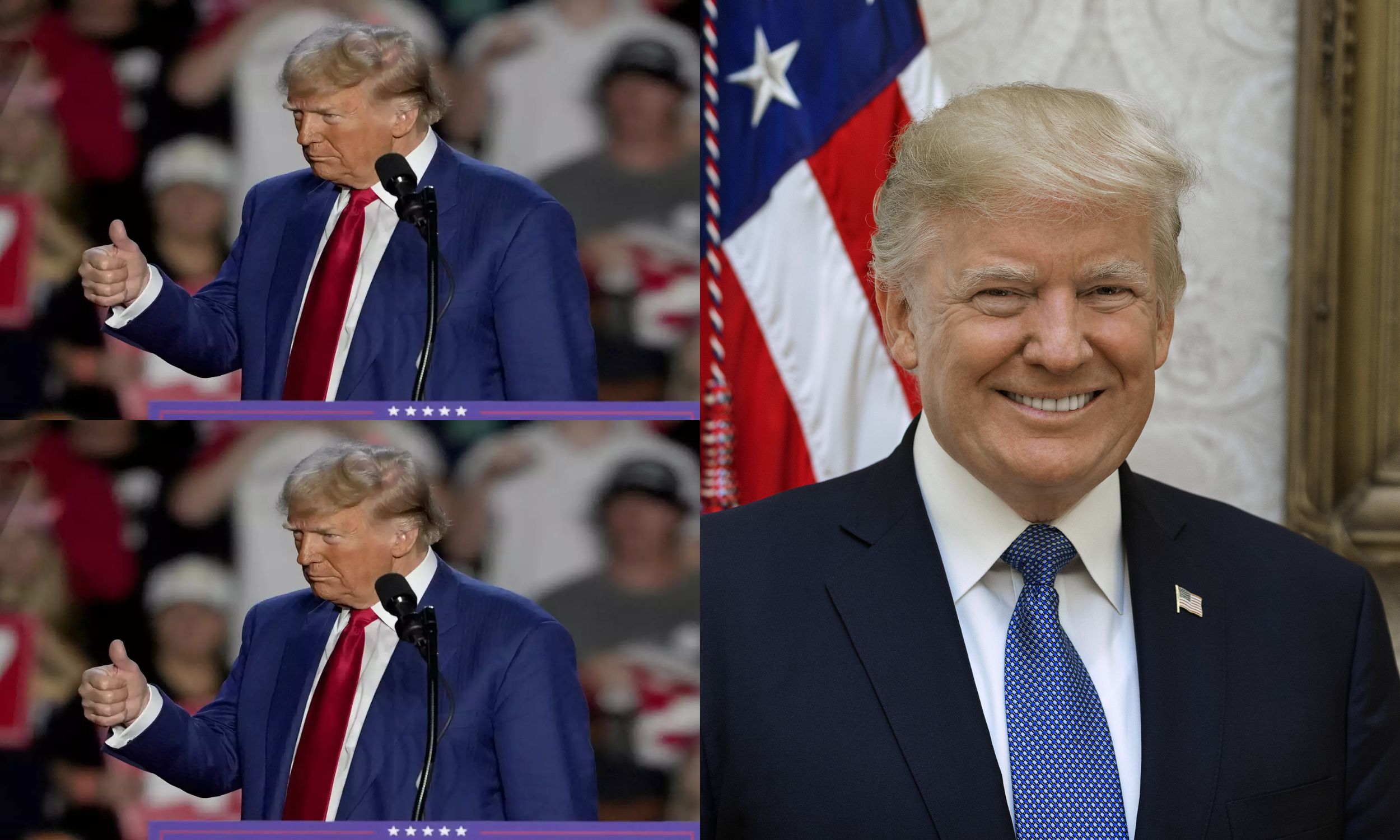An attorney involved in President-elect Trump’s transition team for the Justice Department (DOJ) expressed that career employees who do not align with his vision for the agency should consider leaving.
Mark Paoletta, in a post on X, highlighted that the DOJ staff would have responsibilities in executing Trump’s policies, such as immigration enforcement, addressing prosecutors perceived as lenient on crime, and supporting the pardon process for those involved in the January 6th events.
Paoletta emphasized that DOJ employees who are unwilling to execute the President’s agenda in good faith should depart. He argued that resistance against the President’s lawful directives would be undermining democracy, and those engaging in such actions could face disciplinary measures, including dismissal.

Trump outlines intentions to pardon January 6th defendants, sparking DOJ transition comments
In his comments, Paoletta referenced several issues Trump has raised, including his plan to stop what he described as the politically motivated persecution of his opponents, which he believes has eroded the nation’s democracy. Additionally, he mentioned the intent to provide pardons or commutations to individuals convicted in politically driven cases, including the January 6th defendants.
Trump has signaled his intent to hold accountable those responsible for prosecuting him, including special counsel Jack Smith, whom he stated he would dismiss “immediately.” Trump’s future DOJ leadership is expected to drop all charges against him. A core theme in Trump’s second term would be loyalty, as he has repeatedly accused federal employees of being part of a “deep state” resisting his agenda.
He has pledged to introduce a new executive order that would establish a “Schedule F” category, enabling the dismissal of federal employees and replacing them with political appointees. This shift could also impact career attorneys within the DOJ.
Mark Davis, a potential candidate for Attorney General, responded to Paoletta’s post, affirming that DOJ employees are obligated to serve the President, who was elected by the American people. Davis argued that those with policy disagreements should resign or seek political office but should not actively hinder the President’s directives.























